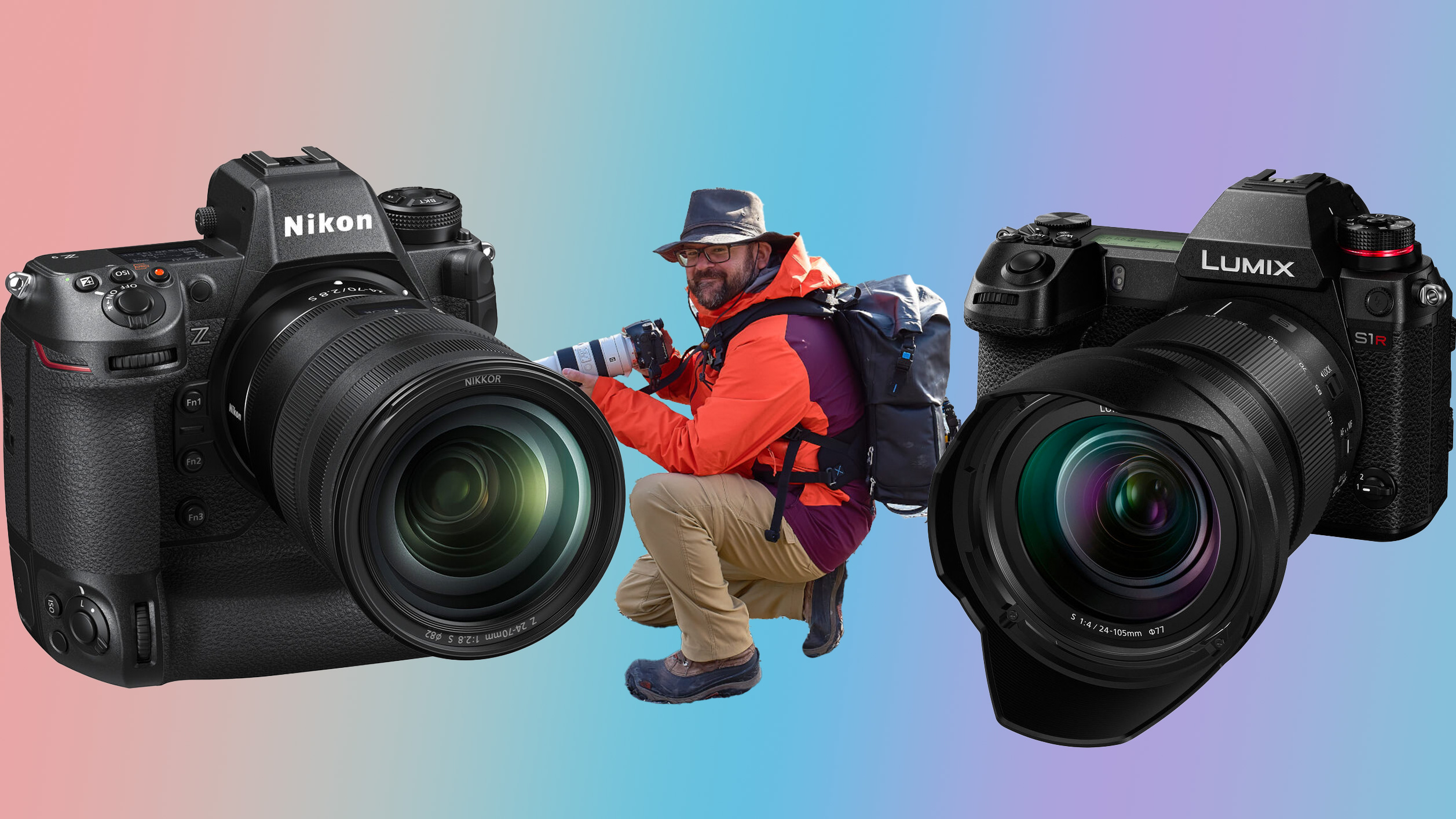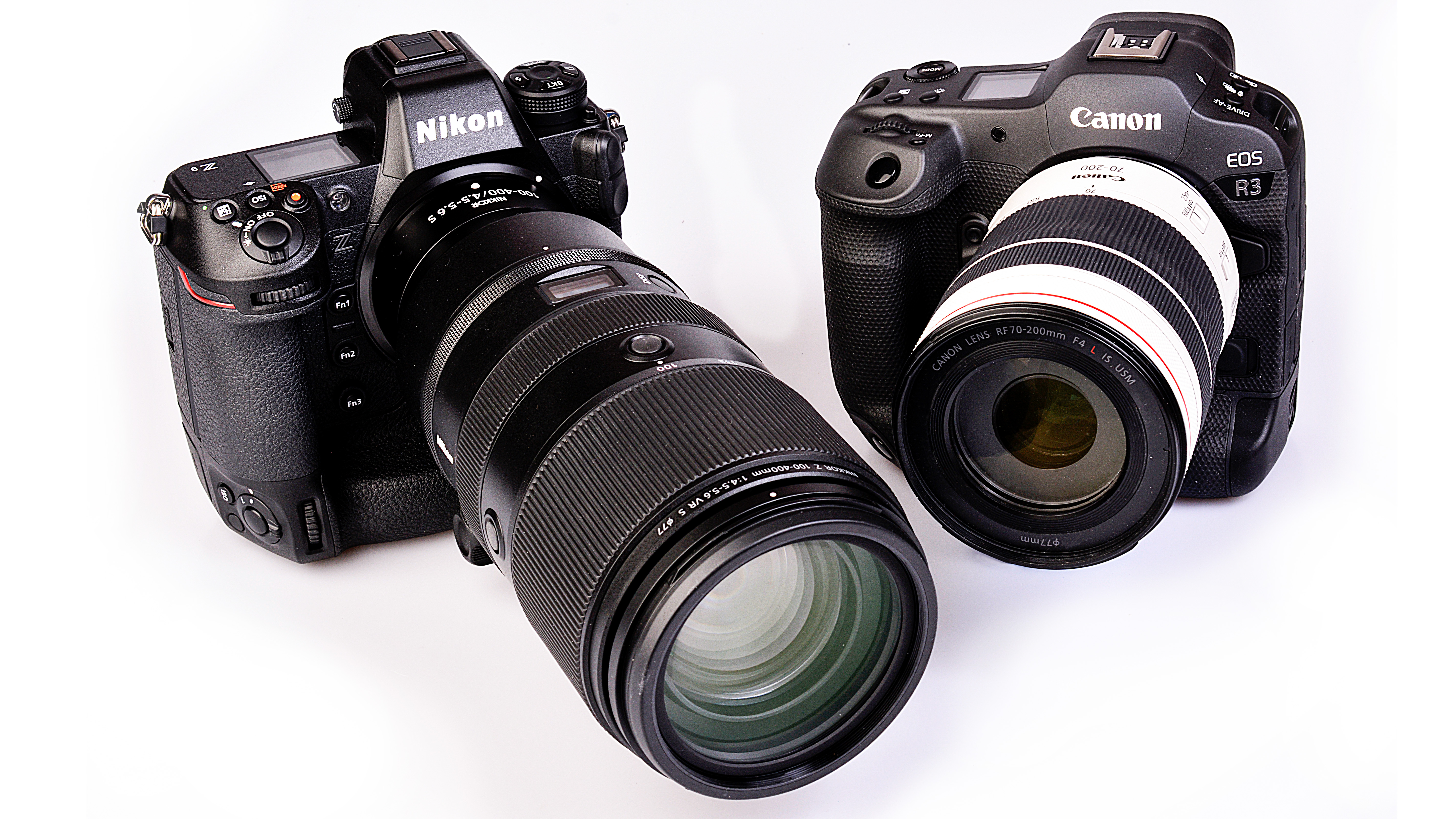
Camera wars have been rumbling along for many years, going back to the birth of consumer cameras and I'm talking about DSLRs here. We have all been there, sneering at Canon shooters, or turning our noses up at the Pentax clan. You could interchange any of those with any other brands of your choosing.
But what if we all laid down the war of words and actually thought about spending some time with “another” platform? After all, cameras are just a tool to get the job done – even if you picked yours up in Vegas you're unlikely to be legally bound to it!
• Since the Prime Day deals are out, why not look for a new system (if not a new main camera, something new, like an action camera)?
With that said, what is the benefit of using multiple platforms or ecosystems? If your muscle memory is to take a bit of a beating by switching all the time, what to you get in return?
Over the last 3 years I have owned Lumix, Nikon, and Sony systems and the last year I have dispatched with my Sony gear. Mostly because I loved A-Mount and didn't enjoy shooting with E-Mount. I came to that decision after time, but using different platforms has improved my photography no end. Not only have I found the unique qualities of each system and the challenges around their weaker features, but thought about what that means for me, the operator.
For example, the Lumix S1R has a somewhat – and I want to choose my words carefully – lackluster auto-focus speed. That’s not to say I can’t use it for fast action and wildlife, I just have to adapt my shooting process to accommodate. The images I get back are every bit as good as I get out of my Nikon Z9. Admittedly my hit rate might be a bit less, but the point is that, with some changes to the way I shoot, and approach my work, I know I can get the shot.
Would I pick up the S1R over the Nikon Z9 for wildlife in the first place? Maybe not, but that's not a luxury we all have all the time. The lesson here is learning to adapt to what's in your hand in front of you. Being able to work with any camera is a huge benefit to any photographer, and you'll think a little more about what you're doing. That, in turn, means you can learn techniques that help you improve shooting and your camera skills overall, rather than just knowing you'll probably get lucky with one particular AF system.
Learning how to be patient, not forcing the shot, and how to anticipate situations has also been hugely important for me in improving my shooting overall – probably the main takeaways I get from using the Lumix.
Going back to the Nikon Z9, I have set up the buttons to match the layout on the Lumix, which I think makes the best sense of all the systems I’ve ever used (not to mention a wonderful menu system). Thankfully Nikon has a fully customizable button layout mod system which is fantastic.
You might argue that using customizable buttons is slightly at odds with the point here, but the very process of customizing is one of thinking about your photography, and that is no bad thing.

In the case of muscle memory, yes it takes a bit of a beating at first. You would need to spend some time setting up your in-camera menus to match the best you can, thankfully Lumix and Nikon have a really good 'Q' or 'i' menu system which compliments the other nicely. Switching is really a cinch from a non-physical button layout perspective.
Another thing the cameras have in common is a top LCD display. I won’t shoot without it, and the displays are similar in terms of the information it provides me. In conclusion, spending some time to get both cameras behaving the same way really helps you switch between the two, but it's not without a few bumps along the way.
Overall, learning to adapt to situations is one of the most overlooked skills of being a photographer. Relying on technology to get the job done is all well and good but using camera setup skills and learning to shoot with cameras' weak spots and get the job done is also tremendously satisfying and educational.
• If you're wondering, the team do have some thoughts on the best professional camera system.







